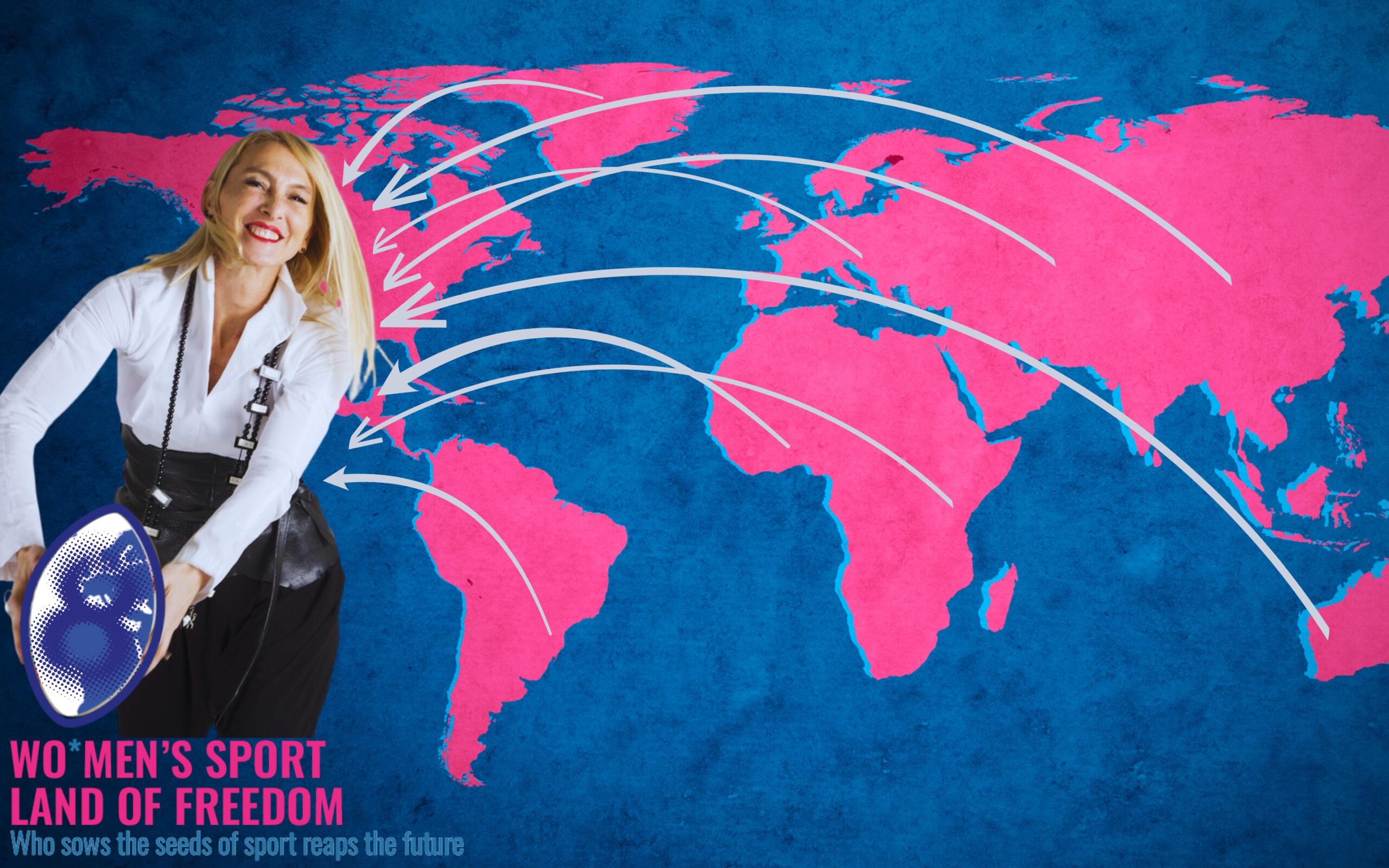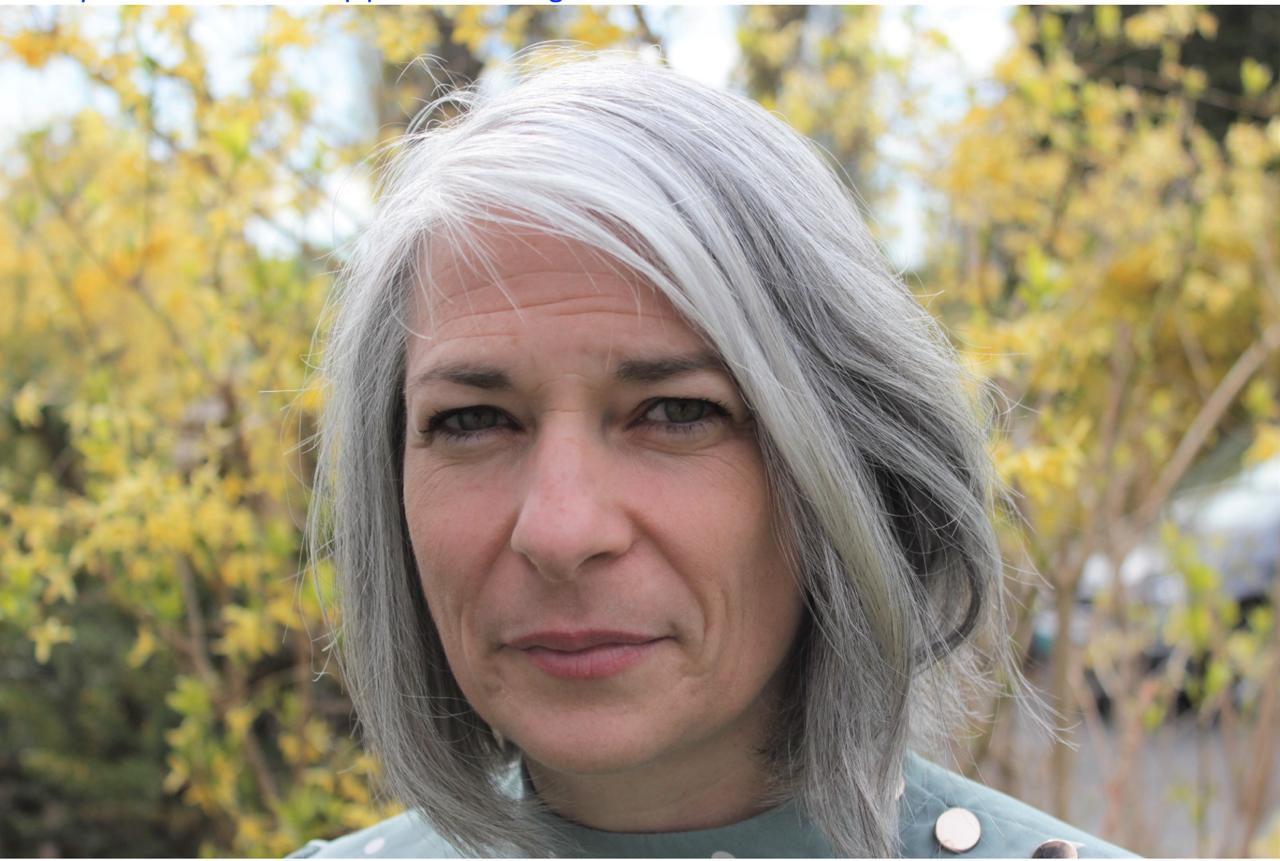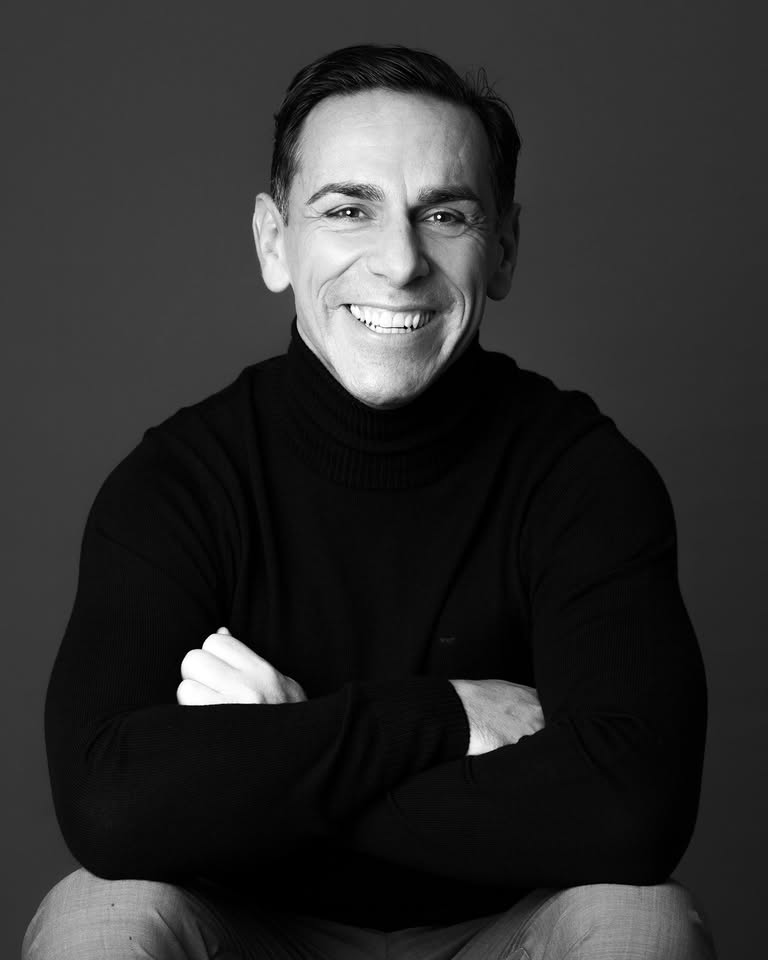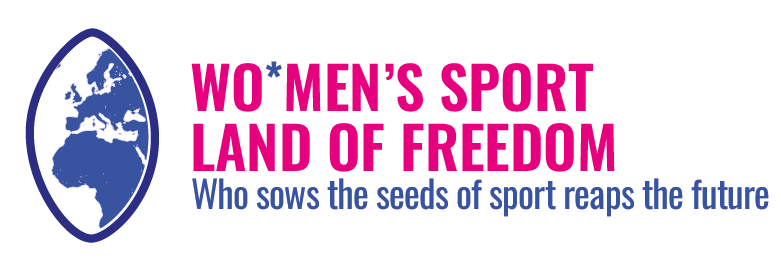
NORWAY: WE REFEREES ARE LIKE GOOD PARENTS: WE GIVE LOVE, REASONS, AND SUPPORT FOR THE SYSTEM.
“We referees are like good parents: we give love, reasons, and support for the system”
Séverine Pannetier Lescoffit

Balauze Patrice

Thanks to:
Jules Crossley-Nilsen
Vice President of the Norwegian Rugby Federation
Balauze Patrice
Development officer
Séverine Pannetier Lescoffit
Player, referee, match commissioner
- The history of the women’s movement in Norway
- Testimonials
- Reading Time: 10 minutes
NORWAY - Find out more
Norway is a constitutional monarchy located in Northern Scandinavia, with a population of about 5.59 million in 2025 and a very balanced gender composition (around 50% women). The country has a stable political system and a progressive tradition in women’s rights: in the national parliament, women hold 44.4% of the seats. Female participation in the labor force is high, with a rate of about 61.7%, although still lower than men’s 68.5%. Women devote a larger share of their time to unpaid domestic work (15.3%) compared to men (10.7%).
(Source: worldometers.info; data.worldbank.org; data.ipu.org/parliament; genderdata.worldbank.org; data.unwomen.org)
HISTORY OF THE COUNTRY (Jules Crossley-Nilsen e Balauze Patrice)
1. When did the women’s rugby movement start in your country and what is its history? How is rugby structured in your country?
Jules: About 30 years ago. Norway is a very proactive country in terms of women’s rights. There is a law that states all boards must be composed of at least 40% women unless exceptional circumstances require an exemption. This has been a great advantage for women in rugby, and indeed many women are involved at various levels in Norwegian rugby — whether as board members, players, doctors, or volunteers. This gave us a strong starting point. Women’s rugby developed with both sevens and fifteens teams. The women’s national sevens team has participated for four years in the Rugby Europe Trophy. Unfortunately, until 2024, the women’s fifteens team had not played for about 18 years; however, in the last 2–3 years, this area of rugby has received greater attention from the Norwegian Rugby Federation (NRF), and their first international match was held on October 5, 2024. It was a fantastic day for women’s rugby!
Balauze: I’m not sure of the exact date, but it started in the 1990s with occasional matches. Nowadays, we mainly play rugby sevens, but we resumed playing fifteens about 18 months ago. Norway is a very long country, 1,750 km from north to south, with long winters (in some areas icy and snowy), where rugby pitches are unavailable and fjords make land transport extremely difficult. In 2001, Heidi returned from studying in Scotland and helped found a team first in Horten, then in Trondheim where she was studying. The first sevens match was played in 2001. By 2014, there were 10 women’s club teams in the league (only sevens). Regarding the fifteens national team, the first participation in the European Championship was in 2003 in Amsterdam (captain Heidi Nilsen), then Toulouse in 2004 (captain Eivor Skaug), Zrebenica (Bosnia) in 2005 (captain Elisabeth Berentzem), and Venice in 2006 (captain Heidi Nilsen). Then there was a break until 2024, when Norway played its first fifteens match against Latvia, with Lena Vatne as captain. We also hosted the Women’s Rugby Europe Sevens Championship in Bergen in 2014. When I moved to Trondheim in 1998, Horten already had a women’s rugby team, and I started training with the men in Trondheim, which then developed into a women’s team. Both Trondheim and Horten played in the Stavanger Sevens tournament in 1999, with some borrowed players from Stavanger. The fifteens national team: Norway played against Sweden in 2001, and the following year had a return match at home (I’ll need to verify dates). I have clippings from these first matches, mostly from local newspapers highlighting local players. We also played against Finland in 2009 in a single match. As Heidi said, we played our first official fifteens international against Sweden in 2001. We lost by a large margin, but we never gave up. We met Denmark and Sweden several times and even went on a training camp in England where we played against local teams. Also, Helena Rønning was key for the national team — she was captain in Toulouse, I think, not me (Eivor Skaug). Philip Chandler was the first national coach, and I believe Roger Yttervik replaced him. I started my rugby career in Trondheim in 1999 and played my first match at Ekeberg in summer 2000. We played as “Norway” and “Horten” at the Scandinavian Open (sevens) in summer 2000. Heidi Nilsen was a pioneer of women’s rugby in Trondheim. Beate Aas and Anne May Skare in Horten. National Sevens: The first participation was in Lunel, France, at the European Championship in 2003 with me as manager, Bronia Hamilton as captain, and Bill Tirikula as coach. The team later became runner-up in snow rugby and has continued ever since.
Referees: Norway has always had female match officials with equal opportunities. In 2014, Séverine Pannetier Lescoffit was part of the first all-women officiating team to referee a men’s match in the European games. It is important to underline that equality is a core part of Norwegian culture, so women’s rugby in Norway has always received strong support from Norwegian rugby leaders, both men and women. The women’s sevens teams have competed in the Rugby Europe Trophy for the last four years.
Currently, there are about 30 clubs in Norway, 11 of which have women’s teams. Clubs with women’s teams have their own sections and specific coaches. These clubs participate in the Norgescup sevens competition, made up of about 5–6 rounds each season, where the teams face each other. It’s a very useful competition for national selectors, who can observe player development and performance. The national coaches organize both open and closed training camps for sevens and fifteens, inviting selected players and preparing them to represent the national team. At present, there is no national women’s fifteens league at club level, as this area is still under development, but our next goal is to create more matches, generate interest, and attract more players.
2. Do you think playing rugby has a social impact for women in your country?
Jules: Absolutely yes! Women’s rugby is full of friendship and team spirit because it’s also a very social sport. This is fundamental to the game, as it builds group spirit and concentration.
Balauze: Yes, definitely. The female players are almost all Norwegian, whereas the men are mostly expats. Women are very resilient and develop excellent social skills.
3. In your opinion, what can rugby offer to women in your country?
Jules: Rugby has so much to offer women. It’s a social, demanding sport that requires focus, hard work, and is also a lot of fun. This applies both to women on the field and those in leadership positions. It allows us to grow personally and build lasting friendships. It has so much to give. Representing our country makes us proud, and it’s simply amazing!
Balauze: Norway is already a model in terms of equality and parity, and rugby puts these extra values into practice.
JOURNEYS THROUGH RUGBY (Séverine Pannetier Lescoffit)
1. When did you start playing rugby and how did you discover it?
1995 in Rouen, France. My physiotherapist advised me to join a team as part of knee rehabilitation. I loved it immediately. It was a sport for everyone, without distinction.
2. What has rugby taught you that has impacted your daily life? Can you give an example of when a rugby mindset was useful?
Being part of a team means training hard individually to be better together. In terms of values: respect, commitment, communication, responsibility. In terms of transferable skills: strategic planning, stress management, decision-making under pressure. When I became a team leader at work: responsibility was really important. I’m not the one scoring. I’m the one setting the framework with my performance. As a leader at work, I prepare the ground for the project and help my team members find their own solutions and achieve their own results.
3. Can you give me three words that connect rugby with freedom?
Team spirit, rules, respect.
4. What does living in a land of freedom mean to you?
As a refugee woman, I have had equal opportunities to referee the best matches in Norway and internationally, regardless of my gender. This is based on my abilities and skills.
5. What object represents you and why? What is an aphorism that guides your life?
A whistle. I have the whistle in my hand and I use it (with honesty). Being a referee is challenging but rewarding. We referees are like good parents: we give love, reasons, and support for the system.
One aphorism is: “If there are no risks and no winners, then there are only victims.”
